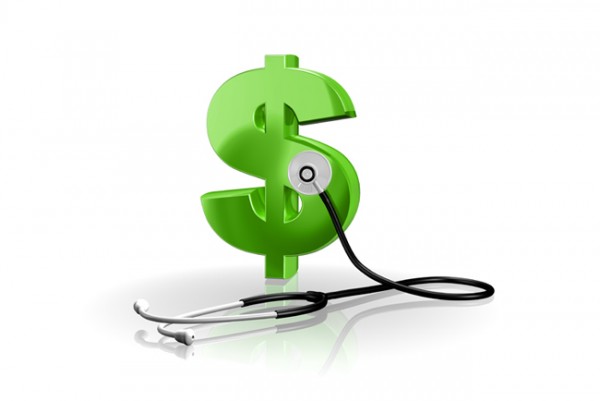Is normal good?
The average Canadian family spends 50% more than what they make.
Do you want to be normal?
The average student graduates university with approximately $20,000 of debt.
So often our world drives us to fit in with the status quo. Buy the big home with the white picket fence and attain the high-paying position at your job.
Is this true financial fitness?
What does Biblical financial fitness even look like?
You Know Your Purpose
The Bible has so much to say regarding money, possessions and what financial fitness looks like and it all begins with purpose. We need to know what He has called us to do, both in the short and long term so we can make good financial decisions.
- Set aside time to discover your dreams.
- Seek the Lord about what he has called you to do. Does he want you to stay at home with your kids? Start your own business?
- Wait on Him. God’s timing is often different from our own, listen to His prompting.
Resource: The Dream Giver by Bruce Wilkinson confronts our desire to fit in and calls us to live out our dreams. This is a great resource if your dreams have been lost in the day to day shuffle.
No Debt!
Consumer debt is not a sin, but it enslaves. To be financially fit you need to get rid of all of your consumer debt.
- Create an emergency fund before you start paying off your debt. Emergencies will happen and you need to ensure credit is not an option.
- Laser focus. The best way to tackle your debt is to focus on paying it off as quickly as possible.
- Make short term sacrifices to pay off the debt faster. Cancelling subscriptions and selling things are two great ways to bump up your cash so you can pay down your debt even faster.
Resource: We host financial fitness seminars on the 4th Thursday of every month. These seminars discuss the details of how you can pay off all your debt as quickly as possible.
Living a Generous Lifestyle
Biblical financial fitness goes beyond knowing your purpose and paying off your debt. Giving and being cash flow positive are huge indicators of financial fitness.
- Don’t spend more than you make is the #1 rule of cash flow. If you cannot afford the car, house or renovation: WAIT.
- From a practical stand point your cash flow should look loosely like this: about 50% of your income should go to your fixed costs (or four-walls), 30% to your variable costs and 20% divided between giving and saving.
- Give generously and cheerfully. The traditional tithe amount is 10% but don’t limit yourself or God. Ask Him where, when and who to give too.
Resource: Managing God’s Money by Randy Alcorn is an amazing resource which looks at finances from the Biblical perspective. It covers a range of topics including materialism, tithing and preparing for the future.
The journey to financial fitness is just that, a journey. God does not deposit all His provision the day we are born and tell us to go for it! He walks with us and wants to provide for us. Don’t let your past mistakes or fear of the future keep you from walking in God’s unbounded now. There is hope for you today and freedom for your tomorrow!
Works Cited:
http://ontariodebtadvisors.ca/average-canadian-family-debt-hits-100000

